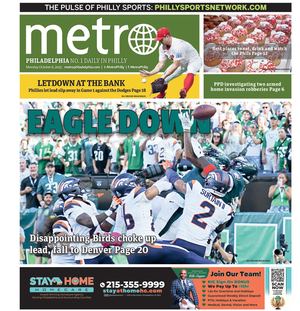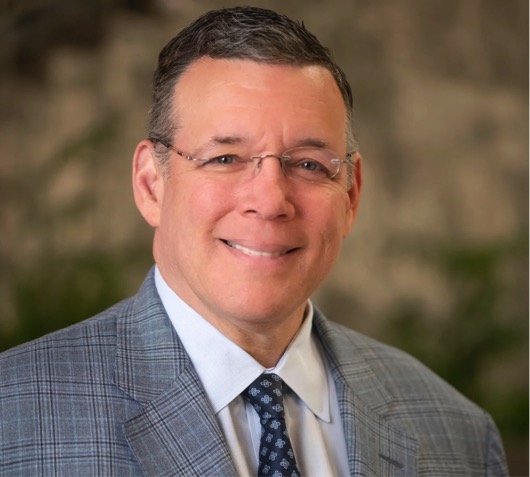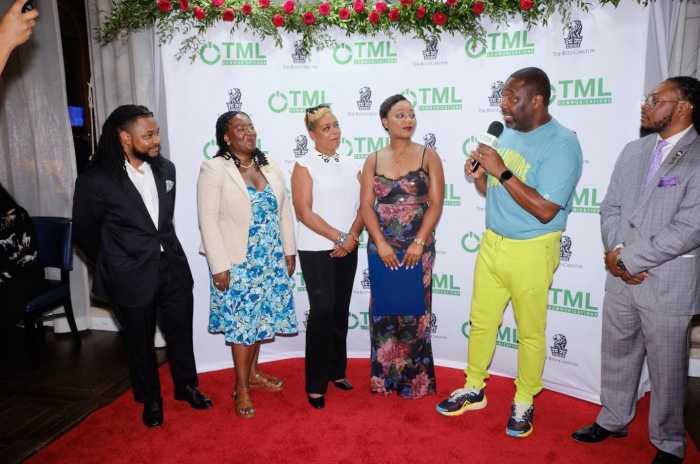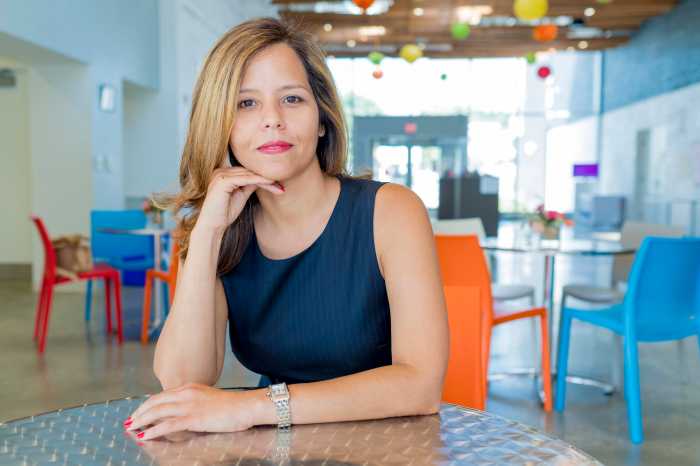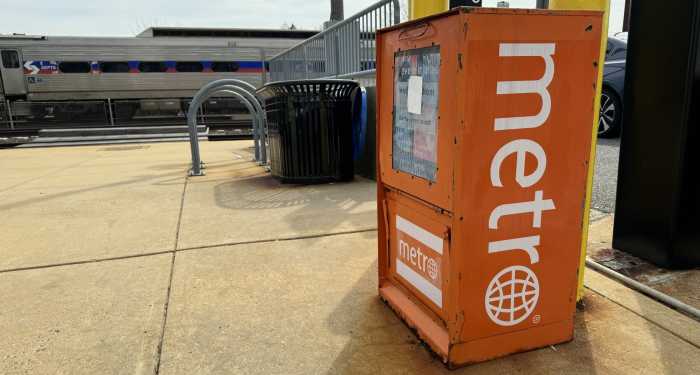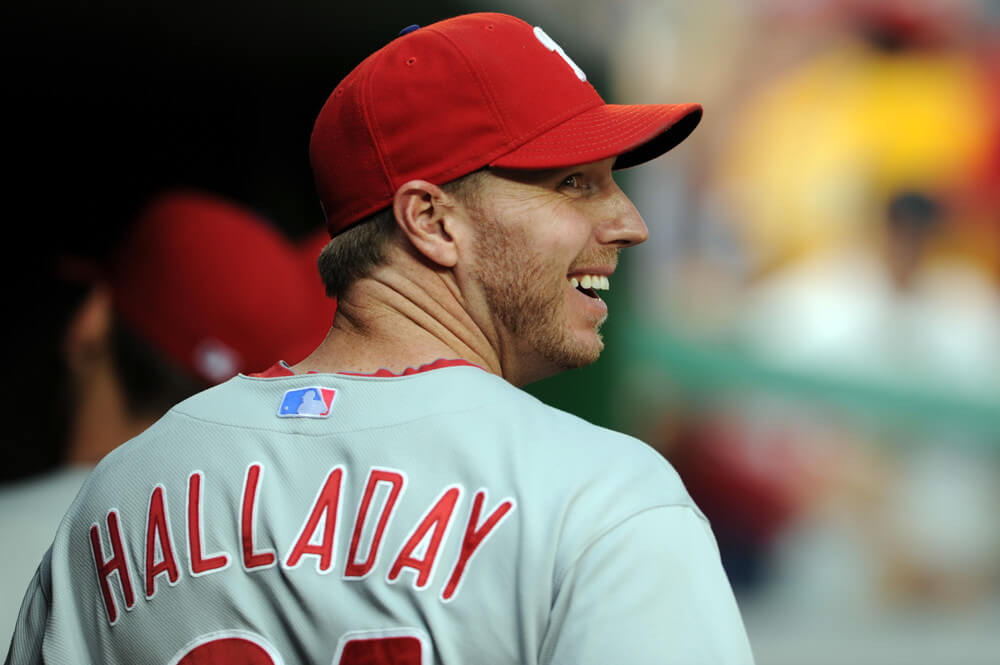I have had the chance to watch and attend many mayoral forums, where candidates talk about their plans for what they would do if elected to be the 100th mayor of the City of Philadelphia.
For this special edition of The Business Corner, I will discuss what a win by Jeff Brown would mean for the business climate in our great city.
Jeff Brown built 12 grocery stores in the heart of the communities and neighborhoods within Philadelphia, specifically in areas commonly known as food deserts. This includes locations in various important subdivisions for the upcoming election, such as West Philadelphia, Roxborough, South Philadelphia, and Southwest Philadelphia.
Through those grocery stores, he has a proven track record of experience hiring from the neighborhoods at issue in this election, including formerly incarcerated individuals and giving them a second chance.
Throughout the campaign, many candidates, such as Allan Domb, have agreed with Jeff about the biggest issue facing Philadelphia—poverty.
Many entities, including the City of Philadelphia itself, have collaborated to work to eliminate poverty. For example, the city donated $10 million to The Promise, a public-private partnership operated by The United Way of Greater Philadelphia and Southern New Jersey. The Promise has leveraged that funding into $40 million of additional funding from philanthropic and corporate donors with a big goal to bring 100,000 Philadelphians out of poverty in 5 years.
Jeff Brown has talked about poverty much during the recent debates, including how past decisions on education, and taxes have led to the business climate here in Philadelphia. This poverty has led to increases in the amount of gun violence and exacerbates other types of crime.
In a candidate Q&A held at The Fitler Club a few weeks ago, he told the audience that “We need to grow the pie and we need to get people out of poverty.”
He talked about what it would take to grow the pie while increasing job and business opportunities for everyone in Philadelphia. “Incentives are a good option. Incentives to grow your existing business [and] to relocate in the city…We can pay for performance.”
Jeff explained this while discussing the tax structure in Philadelphia, for businesses and individuals being too high.
For more context, our tax rates here in Philadelphia include the highest wage taxes in the country, and we are the only major city that taxes both profits and revenue for businesses.
As someone who cares about the future of our city and is also a business owner, it is important to keep these types of policy positions in mind as we move forward into the upcoming election.
With so many choices, it’s easy to get lost in translation with constant advertisements and messages coming at you on television, online, and through other channels.
Business owners, and employees who pay the wage tax, should be concerned about what direction we go in as a city. There is significant agreement on our problems, but it is important to think through proposed solutions.
Most organizations that agree that poverty is our biggest challenge, know the importance of workforce development initiatives. Jeff previously served as Chairman, Board of Directors, for the Philadelphia Youth Network, which operates one of the largest youth employment programs in the city.
I think this is a critical election, and we need someone who believes in the power of entrepreneurship and the economic benefits it brings to cities through taxes, jobs, and philanthropic initiatives.
Be sure to vote on May 16.
Teresa M. Lundy is the principal and founder of TML Communications. Follow Teresa on Twitter @TeresaMLundy.
